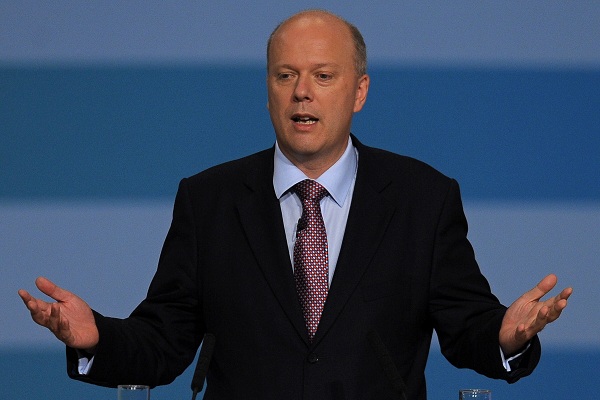Defenders of the status quo in the European Union like to argue that 3 million jobs in this country currently depend on Britain’s membership. Aside from the rather shaky maths behind that figure, it’s striking that today Chris Grayling is making a stand on a Brussels plan that will cost jobs in this country, rather than boost them.
The Sunday Telegraph reports the Justice Secretary accusing the European Commission of ‘not living in the real world’, with new data protection laws threatening to cost british businesses around £360 million a year. Grayling makes it very clear in his interview with the newspaper that he views these proposals as a direct threat not just to Britain’s competitiveness, but to Europe’s position in the ‘global race’ (that phrase isn’t going away). He says:
‘Britain and Europe are in a global race. UK and EU business are fighting through difficult times to be able to keep up employment levels and win business around the world. If the EU keeps on trying to produce more and more complex laws that put more and more costs on to business, it’s just going to cost jobs, and that would be mad.’
Coupled with Iain Duncan Smith’s stand-off with the Commission over benefits, this new law is another example of Europe doing eurosceptics’ own dirty work when it comes to making the case for reform. These are serious examples of the ways the current settlement can threaten rather than enhance this country’s economic progress.
But at the same time, the Tories will want to offer hope that there is a chance to stamp down on these threats, rather than suggest that all is lost. Members of the Fresh Start Project are continuing their meetings in European cities to set out some of their ideas for reform, knowing that the Foreign Office has a keen eye on their progress. They are keen to emphasise that they are finding a great deal more enthusiasm for reform on the continent than those seat dead against Britain’s continued EU membership like Lord Lawson might believe. They can offer the positive vision, while the European Commission can continue to offer examples of how it needs reform.







Comments